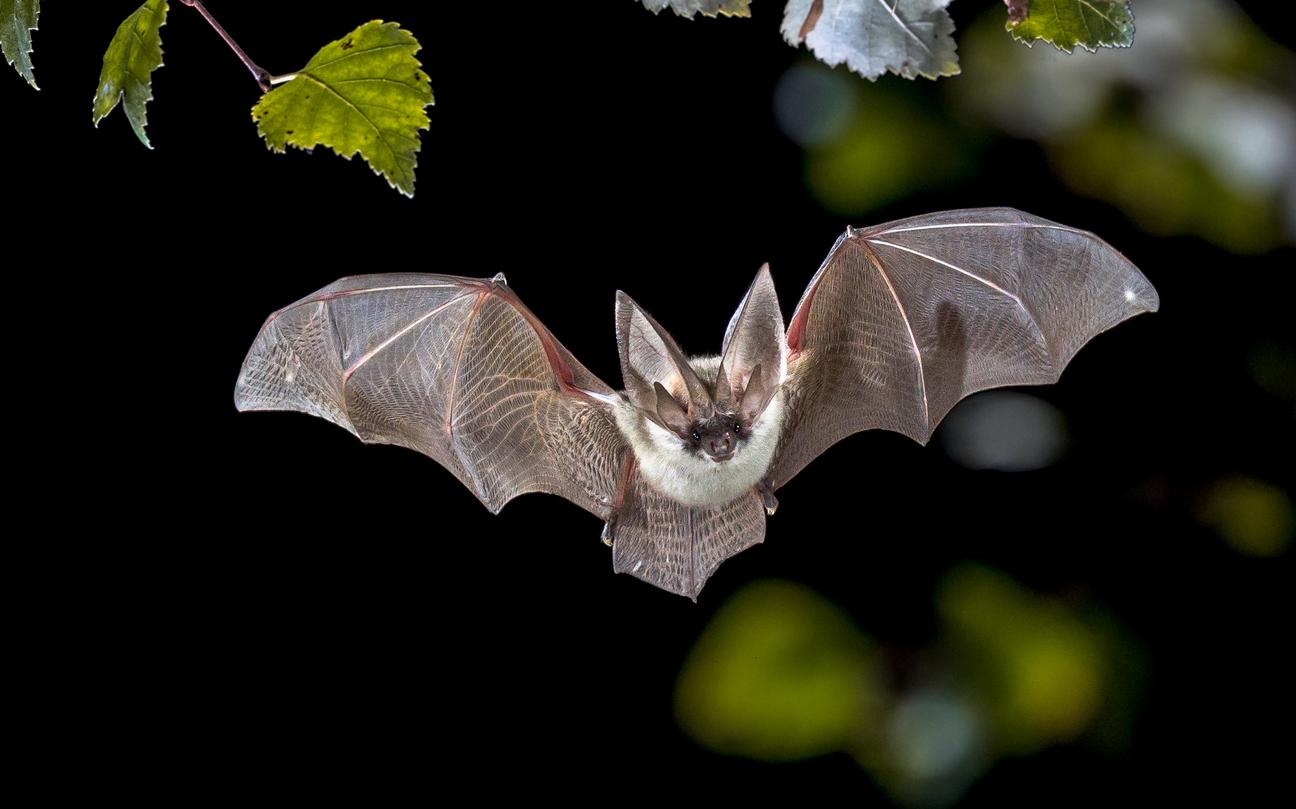The city-state is the first in the world to authorize the marketing of meat grown in the laboratory from animal cells. Nutritionist Arnaud Cocaul remains reserved.
-1607000667.jpg)
- Singapore has authorized the marketing of the world’s first artificial meat.
- These pieces of chicken, prepared in the laboratory using animal cells, will initially be served in restaurants.
- For the moment, the price of this “meat of the future” remains high, English economists estimate the cost of production of each nugget at 50 dollars.
This is a first which is perhaps the outline of our future. Singapore has decided to authorize the marketing of artificial chicken meat on its territory. Initially, this meat from the laboratory and created by an American start-up, will be available in restaurants.
Lab nuggets
The city-state, located in Southeast Asia, will soon market the meat created by an American company, which qualifies its product “breakthrough for the global food industry”, and which was entirely carried out in the laboratory thanks to animal cells. After a request submitted to the Singapore Food Safety Agency, the latter deemed the product safe for consumption. If the product is supposed to look like “real” meat, it is its nutritional aspect that worries Dr. Arnaud Cocaul, nutritionist. “From a chemical point of view, it is the same. At the texture level, we can get as close as possible. But is the integration in our body the same? I do not know.”
If the project succeeded in passing the quality control of the Singaporean authorities, it is also because the stated objective of this artificial meat is twofold. First, to have the smallest possible environmental footprint, with products made from animal cells, and which do not require intensive farming. Next, to meet the needs of a growing world population: global meat consumption is estimated to increase by 70% by 2050 according to estimates the Food and Agriculture Organization of the United Nations (FAO).
“The project is interestingemphasizes Arnaud Cocaul. Nevertheless, more in-depth and randomized studies with people who have a classic meat diet and others with a diet reproduced in the laboratory are needed and see if their metabolic parameters change..”
Following the example of what happened in the West in the second half of the last century, the emerging countries, by improving their standard of living, will also eat meat, because meat products constitute one of the first markers of richness. Given the huge population that will inhabit the Earth in 2050, it will be impossible to stay on the current model without further deforesting the planet to feed all this livestock. This is how artificial meat appears to be a viable alternative.
For Arnaud Cocaul, if the experiment proves conclusive, this new type of food would be a promising way to feed the approximately 9.1 billion human beings who should populate the planet in the middle of the century, while expressing reservations . “It’s a new form of food but it’s too early to know if it’s good or not. We are moving towards an ultra-processed diet, so we will have to monitor the possible additives and added substances to appeal to as many people as possible. I wouldn’t want us to end up with science fiction movies like The Green Sun (a science fiction film from the 70s in which the industry made food from human bodies, editor’s note) what people would be given to eat, it’s a bit my fear at the moment, to have a diet that is too cut off from nature.”
A production cost of $50 per nugget
However, responding now to this problem with products manufactured in the laboratory is one of the avenues explored to sustainably feed the population without increasing the burden of intensive agriculture. The advantage of this new product compared to traditional agriculture can be seen in terms of the environment, since its manufacturing technique has the merit of not rejecting methane or resorting to deforestation to feed animals. Moreover, unlike its competitors already in place on supermarket shelves, it is not a simple vegetable alternative to meat.
“We now have soybean steaks which tend more and more to reproduce the animal taste.l, tempers Arnaud Cocaul. I think we will have to look at the effects on chewing, satiety, intestinal transit and metabolic parameters. The Singapore experience will be observed by the rest of Western countries.”
For now, this artificial meat will be used to make chicken nuggets. Due to its rarity, the price will be high and similar to high-end products. According to calculations by IDTechEx, a British economic research company, the cost of producing this artificial chicken in 2019 was $50 per nugget! However, the company hopes to achieve a lower price than traditional chicken in the next few years.
.

















